(Contenu remplacé par « . ») |
(Contenu remplacé par « . ») |
||
| Ligne 114 : | Ligne 114 : | ||
}} | }} | ||
{{Tuto Step | {{Tuto Step | ||
| − | |Step_Title= | + | |Step_Title=. |
|Step_Content=1.Empty the bin on a tarpaulin sheet, forming a cone of finished compost. | |Step_Content=1.Empty the bin on a tarpaulin sheet, forming a cone of finished compost. | ||
Version du 23 décembre 2019 à 18:05
Difficulté
Facile
Durée
1 heure(s)
Coût
50 EUR (€)
Description
Composteur à ver de terre en tonneau fermé
Introduction
.
.
Matériaux
.
.
.
.
.
.
.
.
.
.
.
.
.
.
.
Outils
.
.
Étape 2 - .
.
.
.
.
.
.
Étape 7 - .
1.Empty the bin on a tarpaulin sheet, forming a cone of finished compost.
2.leave the cone for several daylight hours.
3.Worms 'migrate' away from light to the bottom of the cone.
4. Scrape all of the worm-free compost on outside of heap (can be used in garden etc) and reform the cone.
5. Repeat the process until all but the lower 5cm of worm compost are left. the remaining compost can be used to start a new compost system.
Étape 8 - Harvesting your Vermiwash
Vermiwash is a potent plant fertiliser and can be collected whenever from the tap. To use for plants it should be diluted with water 6-10: 1
Published
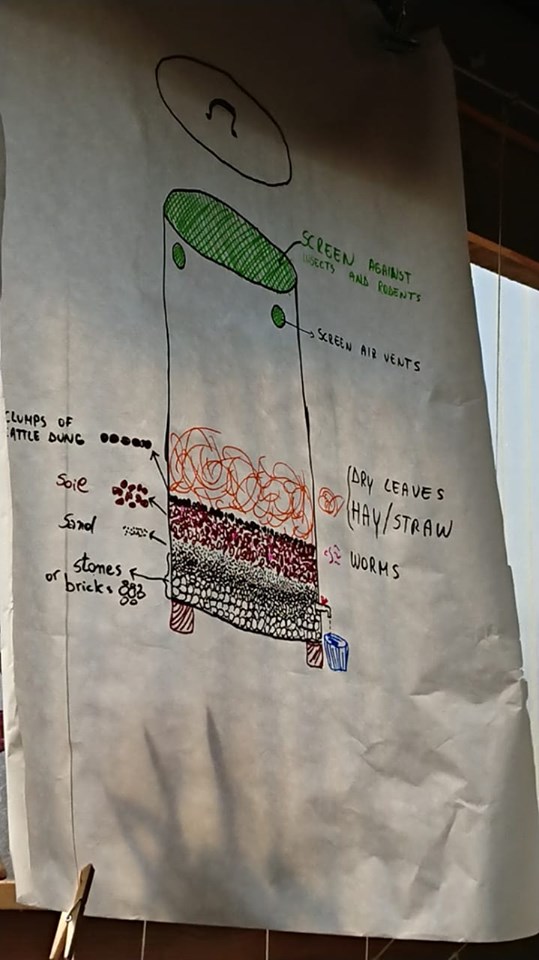
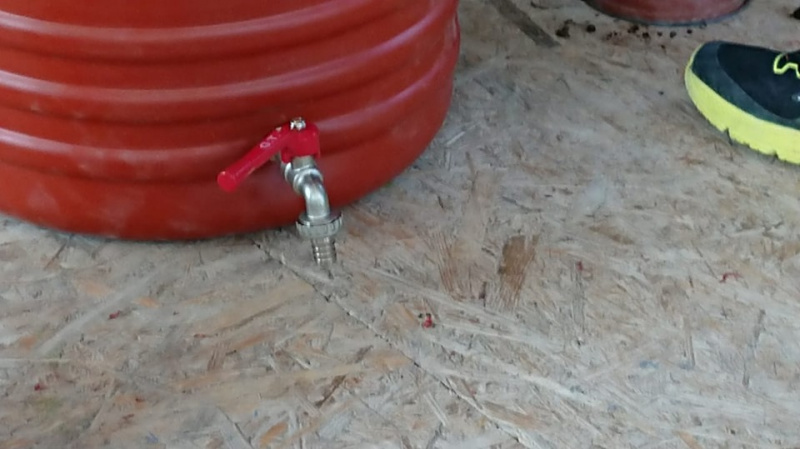
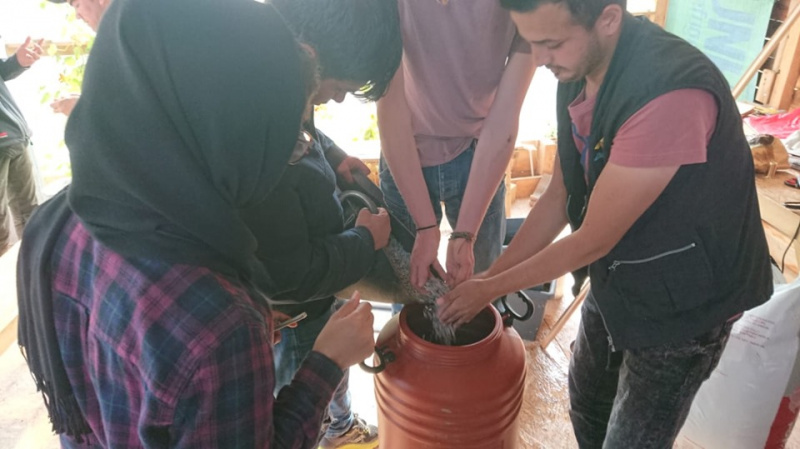
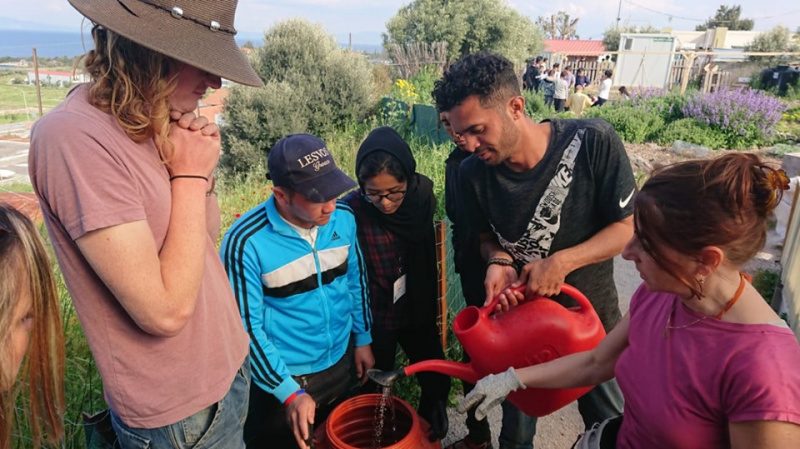
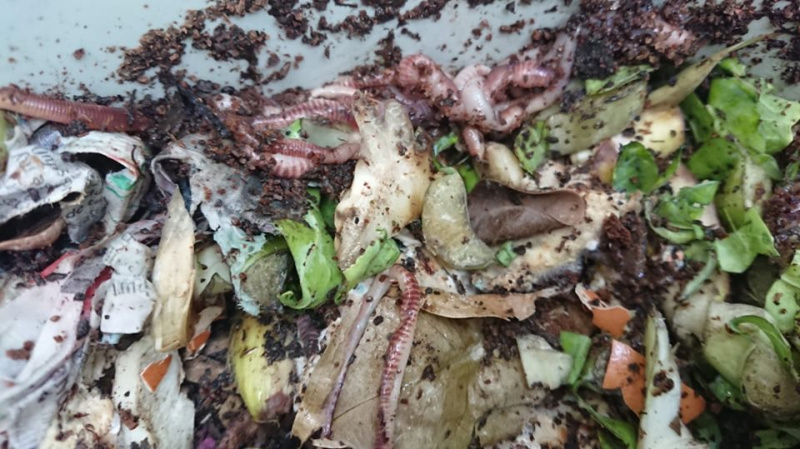
 Français
Français English
English Deutsch
Deutsch Español
Español Italiano
Italiano Português
Português